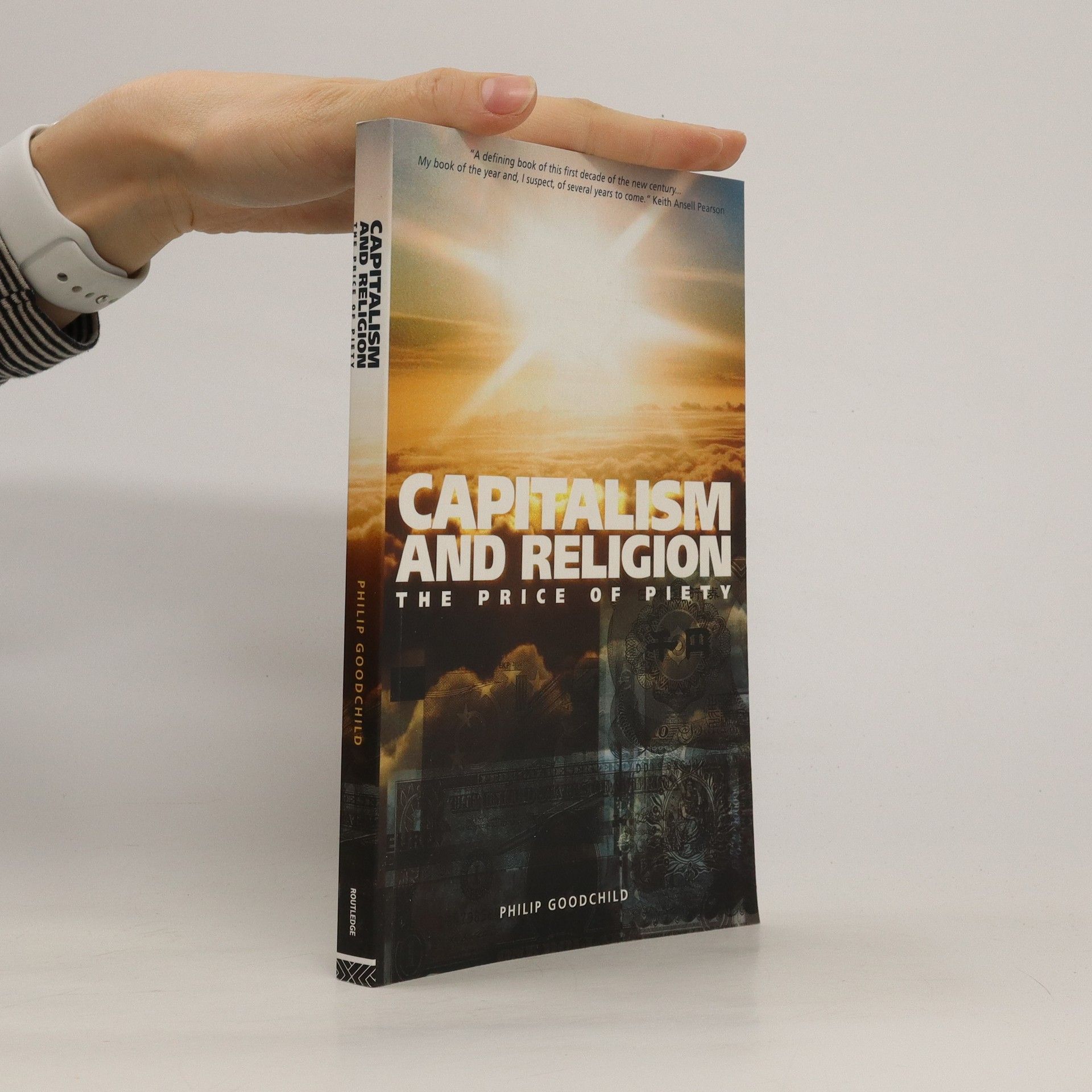The third volume of the series explores a metaphysical framework that addresses the shortcomings of trust when it is solely based on economic theories and institutions. It delves into the philosophical underpinnings of trust, aiming to provide a deeper understanding of its role beyond mere financial transactions. This work invites readers to reconsider the foundations of trust in a contemporary context, emphasizing its importance in human relationships and societal structures.
Philip Goodchild Book order (chronological)
Philip Goodchild is a professor of religion and philosophy whose work explores the intricate connections between capitalism, desire, and religion. He delves into the profound links between economic systems, spiritual practices, and psychological motivations. Goodchild approaches philosophy as a spiritual exercise, prompting readers to contemplate their place in the world.




The book presents a philosophical exploration of the modern economy, focusing on the intricate relationship between credit and faith. It delves into how these elements shape economic structures and influence societal interactions, providing insights into the underlying principles that govern contemporary financial systems. Through this analysis, readers are invited to reconsider the foundational beliefs that drive economic behavior and the implications for future economic practices.
Theology of Money
- 286 pages
- 11 hours of reading
The book presents a novel theory of money, contrasting traditional views from thinkers like Adam Smith and Karl Marx. Goodchild argues that money is created beyond reserves, functioning as both credit and debt. This duality necessitates a social demand for profit and further money creation to settle debts, driving global economic expansion. He posits that money transcends mere currency, becoming a supreme value and obligation, effectively replacing God as the dominant global religion, despite widespread disbelief in its foundational principles.
Capitalism and Religion
- 288 pages
- 11 hours of reading
Do religions justify and cause violence or are they more appropriately seen as forces for peace and tolerance? Featuring contributions from international experts in the field, this book explores the debate that has emerged in the context of secular modernity about whether religion is a primary cause of social division, conflict and war, or whether this is simply a distortion of the 'true' significance of religion and that if properly followed it promotes peace, harmony, goodwill and social cohesion. Focusing on how this debate is played out in the South Asian con.